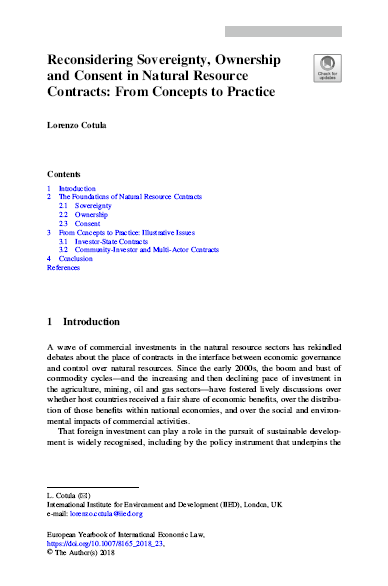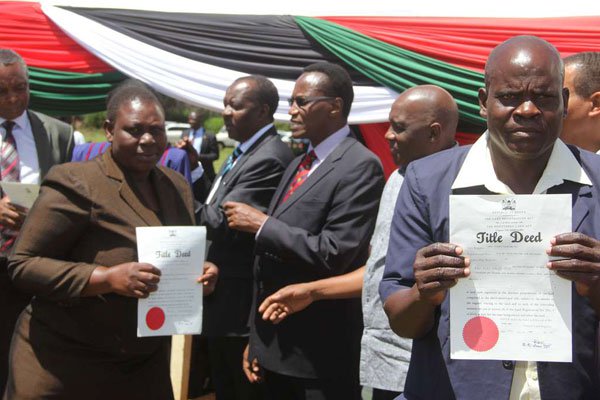Land investments or land grab?: a critical view from Tanzania and Mozambique
This report discusses the potential benefits of, and the current challenges for, agricultural land investment in Tanzania and Mozambique. The paper finds that there is little, if any, development potential in these investments. Indeed, the economic growth potential of investments in agricultural land is questionable due to an inadequate regulatory framework governing foreign direct investments (FDI) in the sector.




